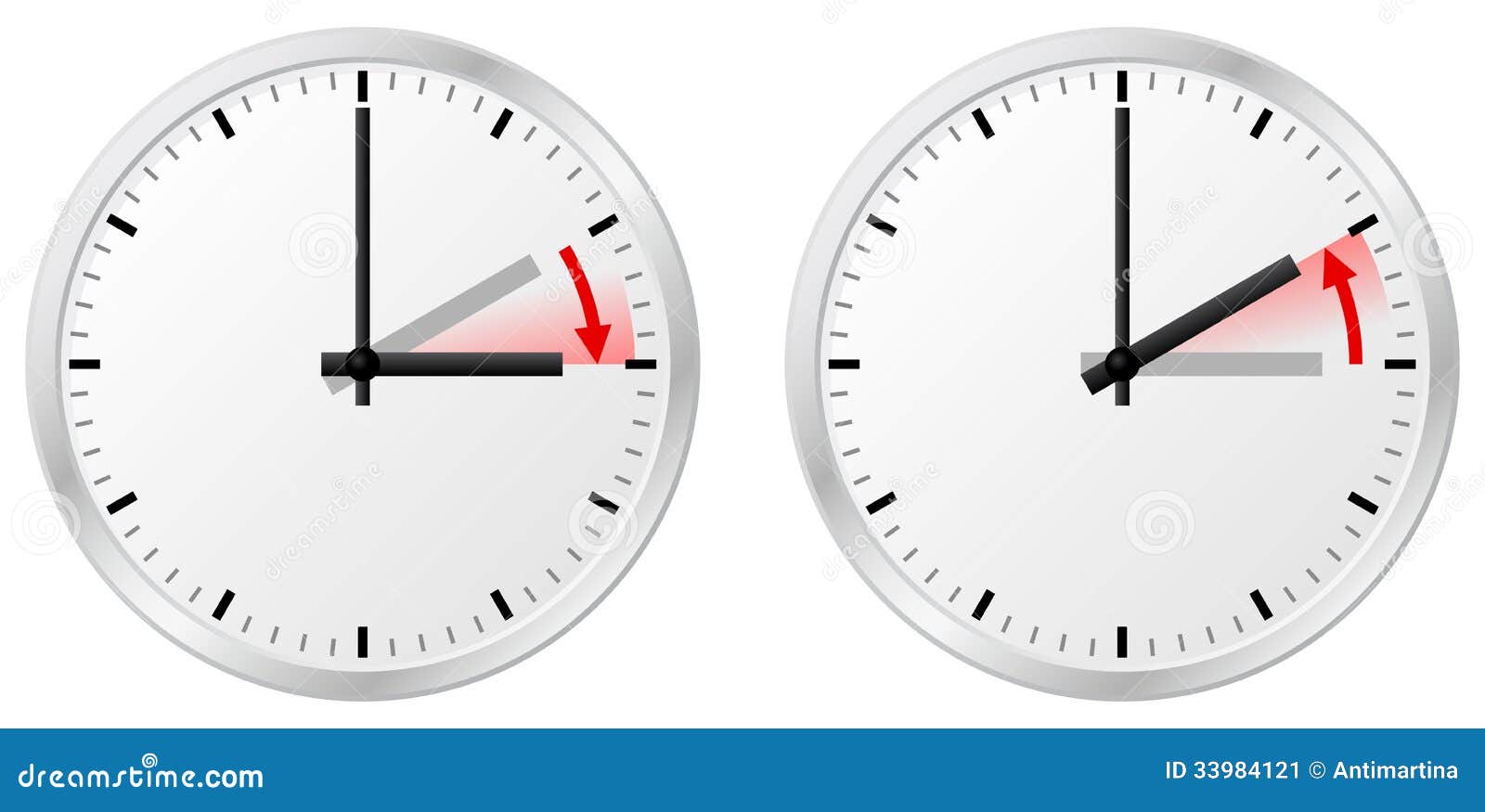


“Among other things, this would mean children travelling to and from school in darkness, putting them at greater risk. To remember which way to set their clocks, folks often use the expression, spring forward, fall back. “One of the main reasons against keeping British Summer Time all year round, which would mean not putting the clocks back in October, concerns people in Scotland, where sunrise might not be until as late as 10am,” says Dr Dunn. When Does the Time Change Daylight Saving Time always begins on the second Sunday in March and ends on the first Sunday in November. Others want to forego turning the clocks back in October. “While we respect the views of those that want to keep the current system, we must not lose sight of the fact that lives are at stake.” Anything we can do to bring these rates down has to be worth it. “And it is vulnerable road users – such as children on their way home from school and cyclists – who would experience the most benefit. Road casualty rates increase with the arrival of darker evenings and worsening weather conditions. During the working week, casualty rates peak at 8am and 10am and 3pm and 7pm, with the afternoon peak being higher. “We know that the clock change kills people. Europe has decided to stop changing the clock to observe daylight saving time. However, our priority now should be the prevention road accidents that cause serious injury and death. The idea was proposed in the UK by builder William Willett, says Dr Richard Dunn, senior curator for the History of Science at the Royal Observatory Greenwich.Įrrol Taylor, the chief executive of the Royal Society for the Prevention of Accidents (RoSPA), said in 2019: “Clock changes were first introduced in 1916 to reflect the needs of a nation at war. Moving the clocks forward in the summer months would give us darker mornings but lighter, longer evenings. The campaign for British Summer Time came about at the beginning of the 20th century. The clocks always go forward on the final Sunday of March (Photo: Getty Images) Why do we have British Summer Time? When the clocks go back on 30 October the change happens at 2.00am (with the time going back to 1.00am), meaning you’ll probably either get a lie in or get up an hour earlier than usual to seize the day. 7 in the U.S., when most Americans set the clock back an hour, and the cycle will began again. On Sunday 27 March, the clocks will go forward at 1.00am (at which point it will become 2.00am), hence the majority of us losing an hour of sleep.

The clocks always change at the weekend, in the middle of the night, to ensure that there is limited disruption for schools and businesses. That change gives us an extra precious hour of daylight in the dark autumn and winter months, with the added bonus of an extra hour in bed on the Sunday morning when the clocks change. This signals the end of BST, or Daylight Saving Time (DST), and means the UK reverts to GMT until the spring, the standard time zone against which all others in the world are referenced.


 0 kommentar(er)
0 kommentar(er)
